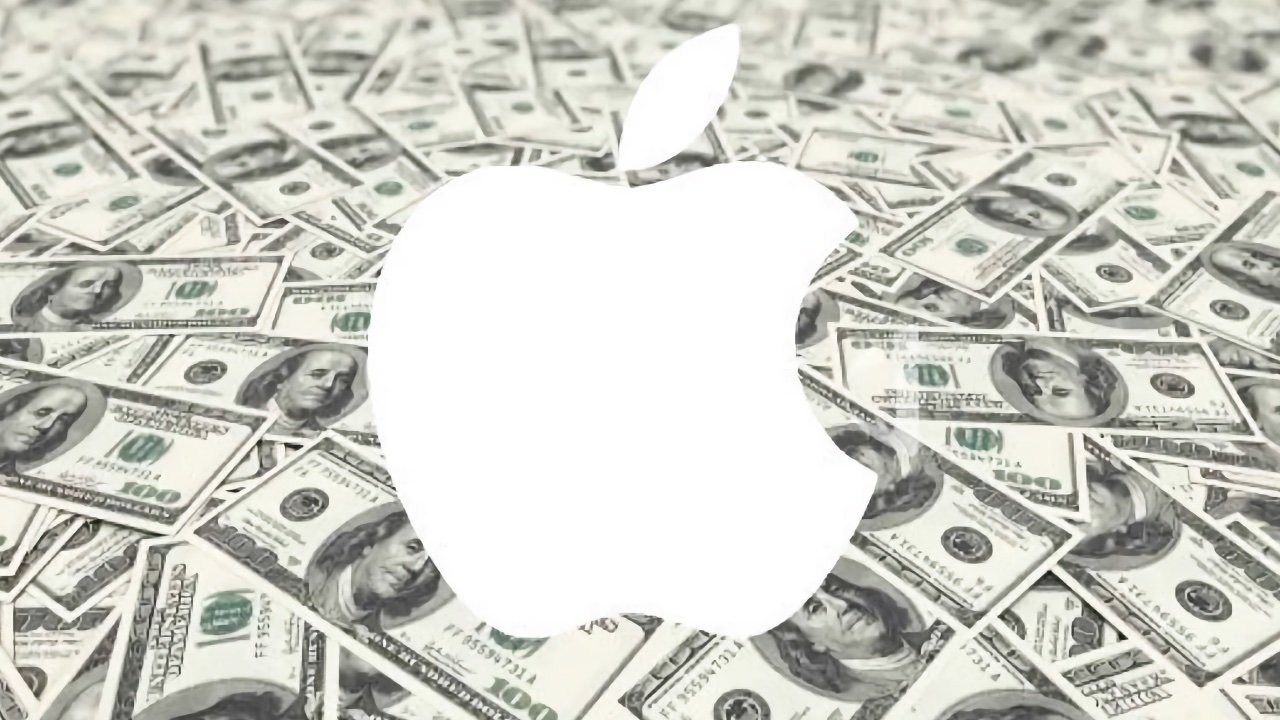Canada's new Digital Services tax could cost iPhone maker Apple billions, but the US says the fees are discriminating against American tech companies — and is pushing for a delay.
Canada first proposed the legislation in 2021 as an interim measure, following a statement from the G20 allowing for international digital service tax (DST) reform. The G20 countries have been working together to create a multilateral tax on profits made by global tech companies through services, but progress has been slow.
Canada and other countries want to be able to impose taxes on profits made from online marketplace services, advertising services, social media services, and revenue made from selling user data. To qualify under the Canadian law, a tech company would have to have made $750 million or more in qualifying revenue per year, of which at least $20 million would have come directly from Canadian users.
The US objects to the interim DST from the Canadian government on the grounds that it discriminates against US-based companies. Nearly all of the biggest global tech players — including Apple, Microsoft, Google, Amazon, and Meta among others — are based in the US.
Disagreement could result in trade tariffs
The Biden administration has noted that, if passed, such an interim tax structure may violate the rules of the North American Free Trade Agreement. It has requested trade dispute settlement consultations with Canada.
If US Trade Representative Katherine Tai cannot reach an agreement to resolve US concerns about the Canadian tax within 75 days of the consultations, she could request a settlement panel under the US-Mexico-Canada Agreement (USMCA). The dispute might conceivably lead to retaliatory US tariffs on imports from Canada.
The US has previously prepared tariffs on seven other countries that have already passed digital service tax legislation — Austria, Britain, France, India, Italy, Spain and Turkey — but these have been suspended pending the outcome of global negotiations on a worldwide distributed DST agreement.
Tai has said that the US "opposes unilateral digital service taxes that discriminate against US companies. As we pursue these consultations, we will continue to support the Department of the Treasury in the OECD/G20 global tax negotiations to bring a comprehensive solution to the challenge of DSTs."
If successful in negotiations, Canada's DST legislation could take effect later this year, and amounts owed by tech companies would be backdated to January 1, 2022. The Canadian legislation is seen by some as a negotiating tactic to spur progress on the global G20 tax reform proposals affecting digital services.
 Charles Martin
Charles Martin

-m.jpg)






 Oliver Haslam
Oliver Haslam
 Thomas Sibilly
Thomas Sibilly
 Marko Zivkovic
Marko Zivkovic

 Wesley Hilliard
Wesley Hilliard
 Malcolm Owen
Malcolm Owen
 Andrew Orr
Andrew Orr



-m.jpg)






14 Comments
" selling user data". They should be more concerned about "
Maybe it's about time the USA starts charging Canadian "visitors" every time they come across the border to buy gas and groceries at a big discount over Canadian prices. Check the Costco gas station in Bellingham, WA, and see how many cars with BC plates are there. Let's also start charging taxes or tariffs on semi truck trailers having free reign on USA highways.
If Apple wants to assert its right to a piece of third party transactions in Europe because it owns the platform, then countries can claim their right to a piece of their citizens transactions.
Sounds like another "Netflix tax." Pathetic.